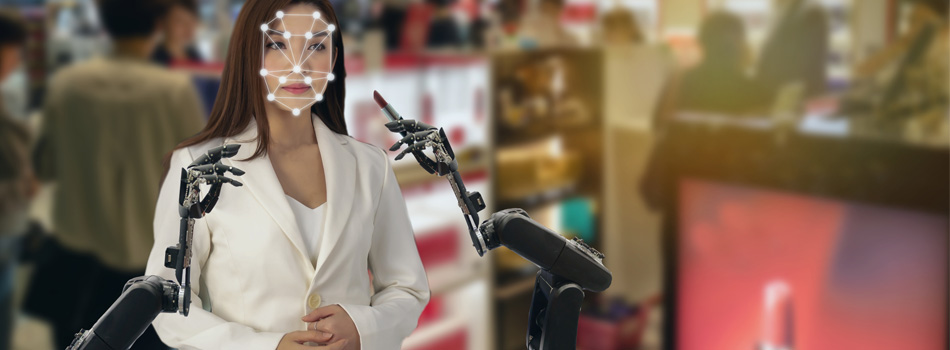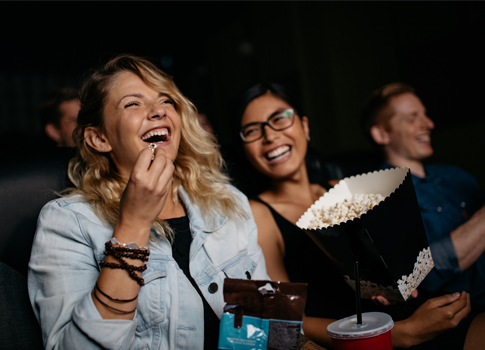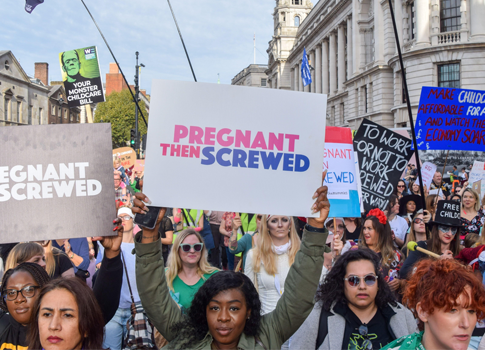Brands are always looking for the next new thing to set them apart from competitors and it seems artificial intelligence is the latest trend taking over the beauty industry. But why is AI so effective?
Artificial intelligence can be tailored by brands to meet their consumer’s desire for convenience. Technology can bring the helpful advice of a sales assistant into a customer’s own home so that they no longer have to go to a store to test the best products for their skin type. Renowned skincare brand Olay has disrupted the beauty category by releasing an AI powered consultancy service that uses images of the consumers face and a short questionnaire to provide a personalised skin care routine. Therefore, the uncomfortable situation of talking about your skin problems in public has been replaced by a solution that is more pleasant for the individual.
However, trust is a big issue for artificial intelligence. Olay have to rely on the fact that the consumer is answering the questionnaire honestly in order for the technology to give the most accurate recommendations. At the same time, the consumer is trusting that the brand is only using their information and images for the AI and not storing it for other misuses.
The skincare brand Pond has also released a chatbot which relies on selfies from consumers, which is then combined with clinical data for their analysis. However, they are using the engaging properties of AI to target a younger demographic by incorporating emojis and slang into the chatbot to make it seem more entertaining and conversational. This humanisation of technology is key in ensuring that AI is effective. In order for it to succeed, it needs to recreate the experience of talking to a real person so it can replace the in-store consultation.
This personification of the artificial intelligence also helps to create a more personalised experience for the consumer. Nails inc cut through the crowded Christmas competition by launching ‘Styled by You’, which was a chatbot that helped customers personalise the perfect present. The interactive nature of designing your own product encourages the user to dwell on the website longer and results in higher engagement rates. Furthermore, the consumer has invested time into creating that product so are more likely to follow through with a purchase, which was demonstrated by their result of “53% converting to purchase” (Tangent, 2019).
However, artificial intelligence is not solely restricted to apps or websites, but can be effective offline too. The luxury department store Harrods has installed ‘magic mirrors’ within their refurbished beauty hall, which allows their customers to virtually apply makeup. This links back to making the consumer experience more convenient as they will be able to test different looks in a matter of minutes, compared to leaving the store with an arm full of lipstick swatches.
In conclusion, artificial intelligence is helping the beauty industry to evolve and become more convenient for consumers by removing the hassle of in store consultations, whilst maintaining a helpful and personalised experience. Yet, it relies on trust between the brand and the user, however once this technology advances and becomes more mainstream its trustworthiness will be established. So watch this space as AI could begin to take over other product categories!






